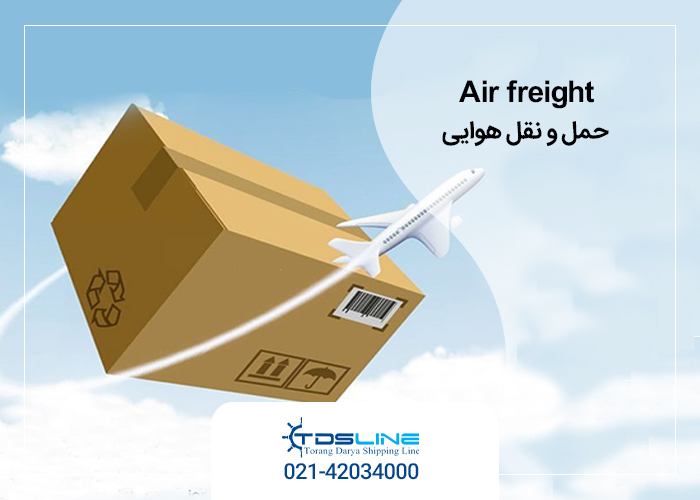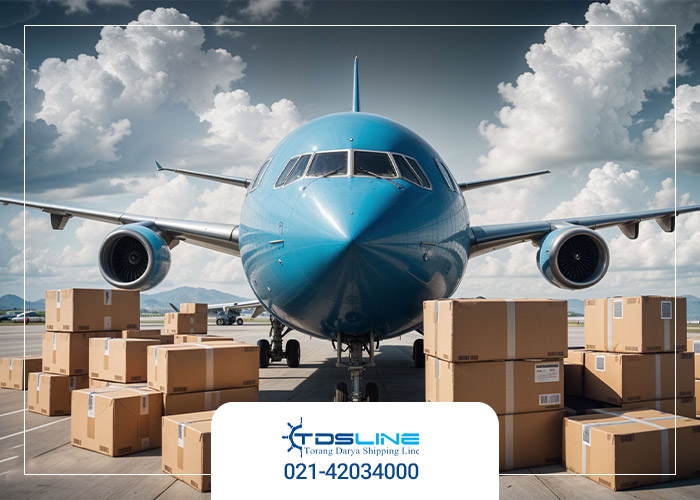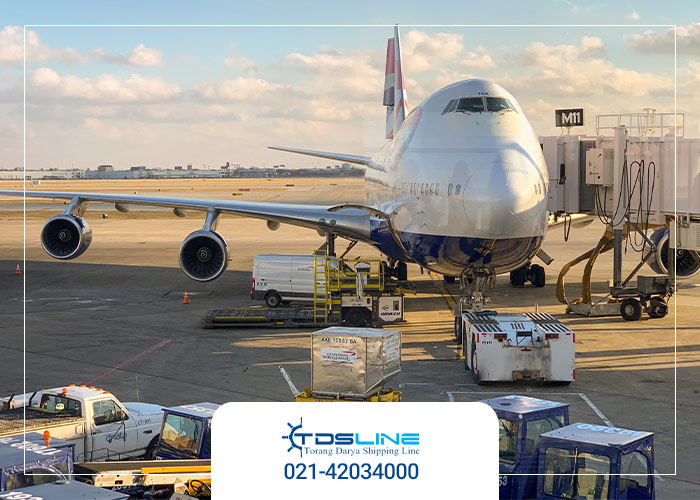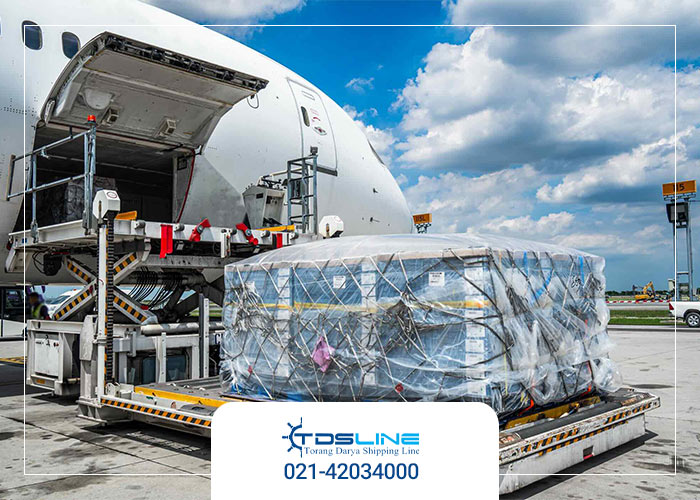Air shipment transit refers to the process of transferring goods through an intermediate country or airport without officially entering the host country. In this process, the cargo temporarily stops at a transit airport for a short period—usually to switch aircraft or airline—and then continues its journey to the final destination.
With the rapid growth of the air cargo industry and the increasing volume of global shipments, air transit has become a vital component of international air logistics. Efficient air transit plays a key role in ensuring the fast and secure delivery of goods across borders.
In this article, we aim to provide valuable insights into the principles of air cargo transit and the international standards involved. Whether you’re a trader or a business owner, understanding the air transit process is crucial for optimizing your global supply chain.

What Is Air Cargo Transit?
Air cargo transit refers to the process of moving a shipment through an intermediate country or airport to reach its final destination via air routes. In air transit, the cargo is transferred from one aircraft to another without officially entering the customs territory of the transit country. This process typically takes place in a designated transit area within the airport.
Thanks to its high speed and efficiency, air transit is a preferred method for time-sensitive cargo, despite being more expensive than other transportation methods and subject to certain restrictions and regulations.

Types of Air Cargo Transit
The air cargo transit process must be carried out with precise coordination to ensure a safe, fast, and effective transfer. Each step plays a critical role in ensuring the cargo’s security and accurate delivery.

Advantages of Air Cargo Transit
Disadvantages of Air Cargo Transit

Challenges in Air Cargo Transit
International Regulations in Air Cargo Transportation
Air cargo transportation is governed by international laws and treaties under the supervision of the International Civil Aviation Organization agreements such as the Chicago Convention and the Warsaw Convention outline the legal framework and define the responsibilities and liabilities of airlines in international air transport operations.
These regulations ensure the safety, security, and efficiency of global air cargo transit and provide clear guidelines for all stakeholders involved in the logistics chain.
For expert consultation on air cargo transit services, traders and business owners are encouraged to contact the experienced team at torang Darya Company for reliable support and free advice.

Costs Associated with Air Cargo Transit
The Role of Air Transit in the Global Supply Chain
Air transit plays a critical role in the global supply chain, especially for time-sensitive cargo such as pharmaceuticals, perishables, and electronic components. It enables fast and reliable connections between manufacturers in East Asia and markets in Europe and North America, helping to ensure smooth and uninterrupted trade flows.
ICAO was created on December 7, 1944, as part of the Chicago Convention, an international air transport agreement. It officially came into existence in 1947, with its first session held on May 6, 1947, and council members elected on May 28. Iran joined ICAO in 1948. The Chicago Convention, consisting of 96 articles, emphasizes key principles of international air law, including state sovereignty over airspace and aircraft nationality. The ICAO headquarters is located in Montreal, Canada.
Air transit is a significant source of indirect income for countries with international airports and strategic geographical locations. By attracting transit flights, these countries can become regional hubs for air cargo, driving airport economic growth, job creation, and the expansion of the aviation logistics industry.
ICAO was created on December 7, 1944, as part of the Chicago Convention, an international air transport agreement. It officially came into existence in 1947, with its first session held on May 6, 1947, and council members elected on May 28. Iran joined ICAO in 1948. The Chicago Convention, consisting of 96 articles, emphasizes key principles of international air law, including state sovereignty over airspace and aircraft nationality. The ICAO headquarters is located in Montreal, Canada. • Additional inspections at origin or destination customs • Special clearance requirements at origin or destination
Conclusion
In conclusion, air cargo transit is a key element of the global economy that cannot be overlooked. To maximize its benefits, all aspects discussed above must be carefully considered. Air transit is more than just a stopover—it serves as a vital link in the chain of global trade and logistics.
Given its speed, efficiency, and economic importance, countries must upgrade airport infrastructure and simplify air transit regulations to secure their position in the global air freight network. Meanwhile, air cargo transit companies must stay fully informed of current laws and regulations to provide safe and efficient services for international traders and businesses.
Dear traders and business owners,
For comprehensive services and expert consultation in the field of air cargo transit, please feel free to contact our experienced team at Torang Darya Shipping Company.








